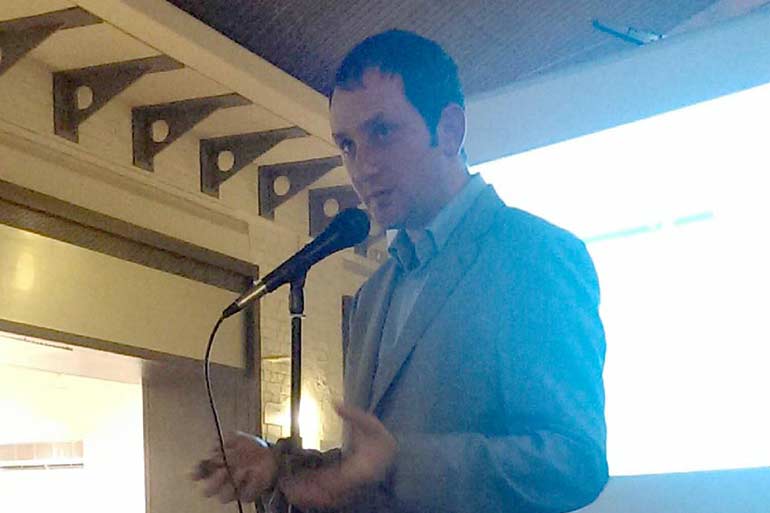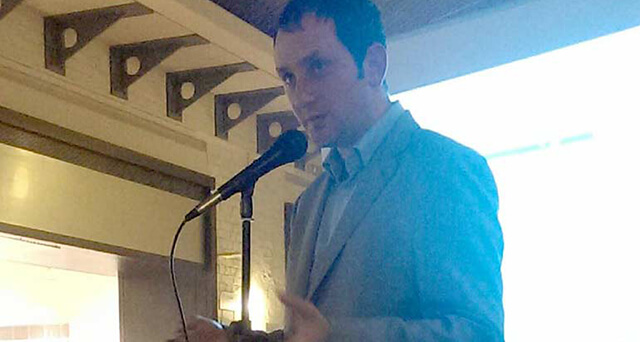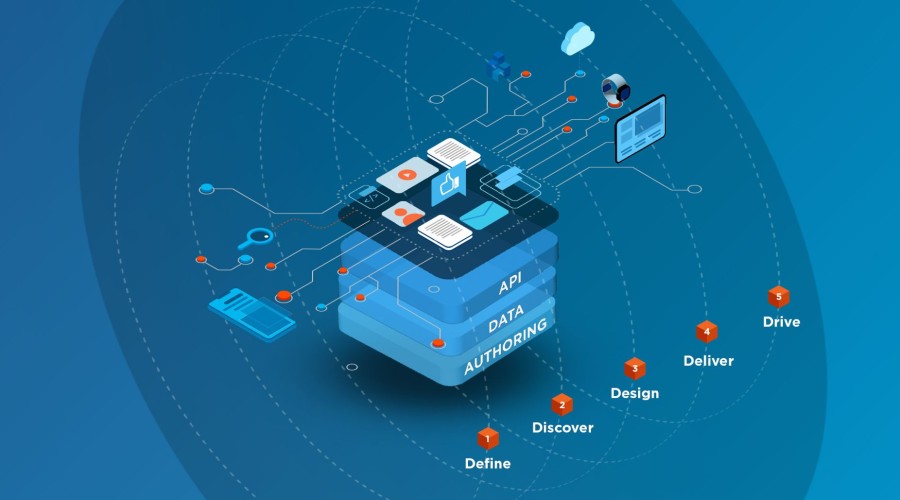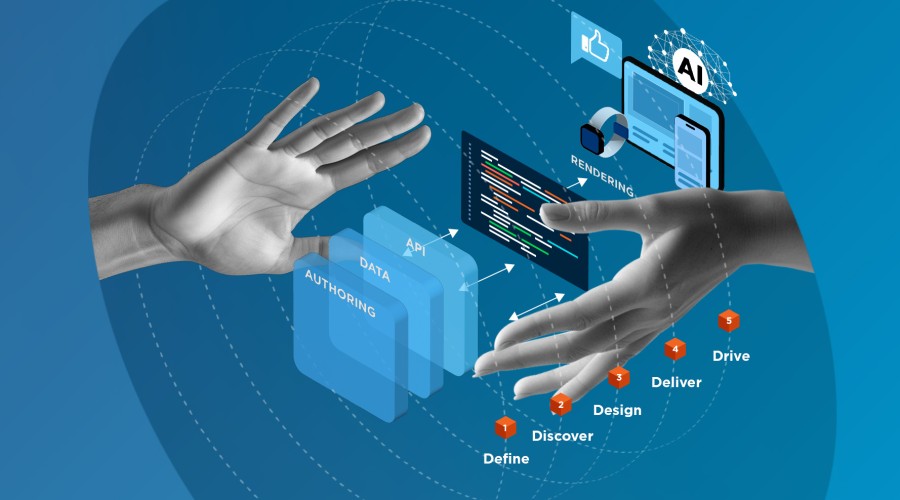Most digital agencies face pressures to execute high quality work under tight deadlines. My keynote at the National Centre for project management focused on how organisations can use lean, agile, ISO-9001 and user-centred design (UCD) methods to deliver multiple innovative projects with few resources.
On the 16th of October 2013, I was invited to speak at a project management event run by Alex Mortimer of the University of Hertfordshire. In the talk I explained some of the methods we use here to plan, lead, manage, design, develop, support and market enterprise level projects that include complex web portals, web apps and software as a service.

I talked about effective project management at UoH.
Project Management
Our in-house project management style has been inspired by user-centred design (UCD), a qualitative research methodology that puts an emphasis on business and customer research. UCD involves all the key stakeholders and key clients throughout design and development.
We utilise many methods from lean including the kanban board, the andon cord and the principles of build, measure and learn. This is reflected in Cyber-Duck’s ethos of going for a ‘less is more’ approach by focusing on a minimal marketable feature set (MMS) and obtaining validated learning and actionable analytics before new or more features are developed. This was emphasised in one of the slides where I explained how it is important to manage stakeholder expectations by saying “No” to impossible deadlines and that “Heroes only live in movies”.
Over the years, we have perfected the use of Agile principles borrowed primarily from Scrum. An underlying factor when working on a project with a fixed price and deadline is to outline the requirements from the outset, yet embracing and flexing the product based on real user feedback during production. Other Scrum principles that are used at Cyber-Duck include end of day reports, daily standups, gauging velocity during the project, sprinting together as a team and getting the team to manage key parts of the project as opposed to having a dominant project manager.
ISO Accreditation
ISO-9001:2008 introduced a solid quality management framework so the agency itself is focused around pleasing clients; ensuring the recurring procedures take place; analysing and improving processes as the business changes; training staff with the latest capabilities and continuous improvement. I felt it was important to finalise the talk by explaining that learning never ends and how important it is for us to invest in our team by sending senior staff members to undertake Project Management MSc courses at the University of Hertfordshire.
View my presentation from the talk below:




